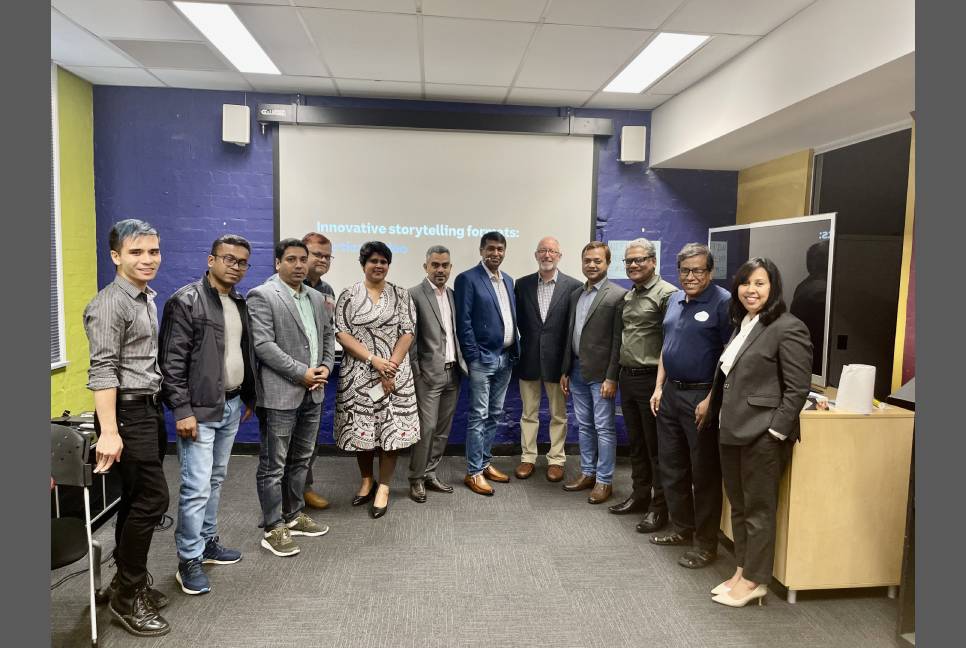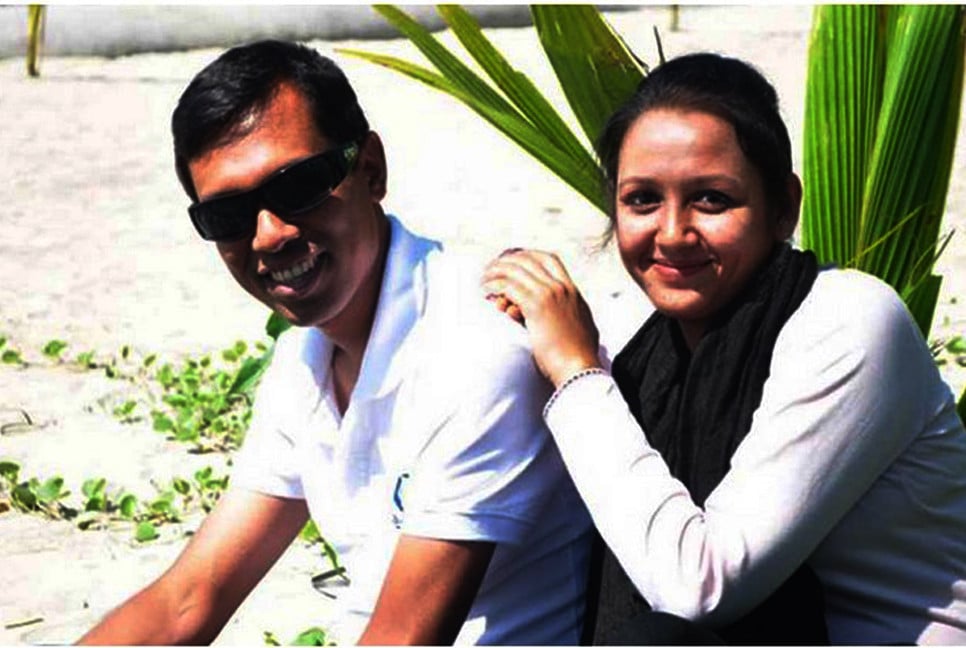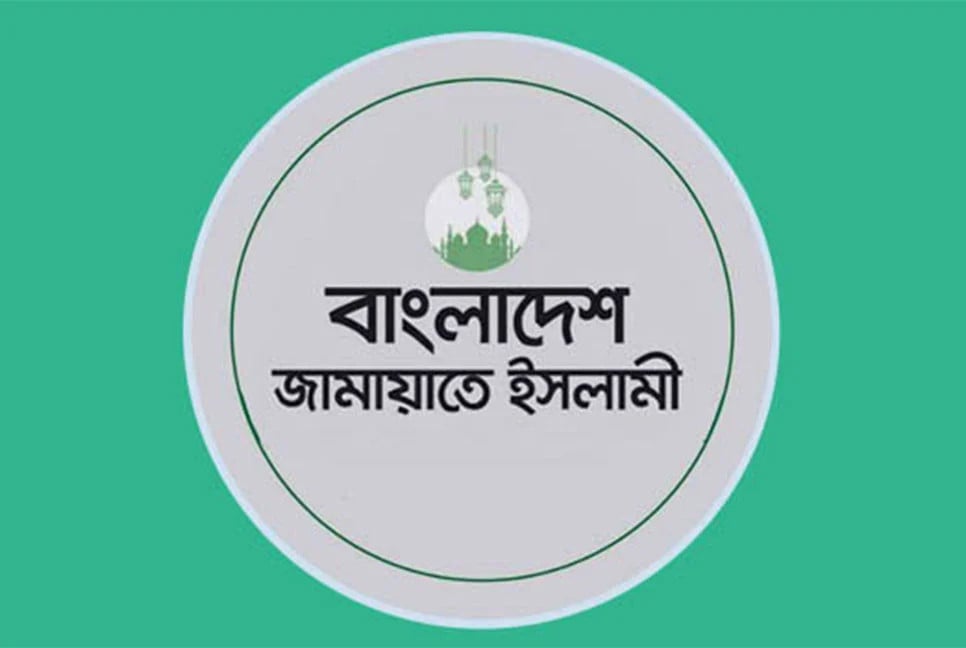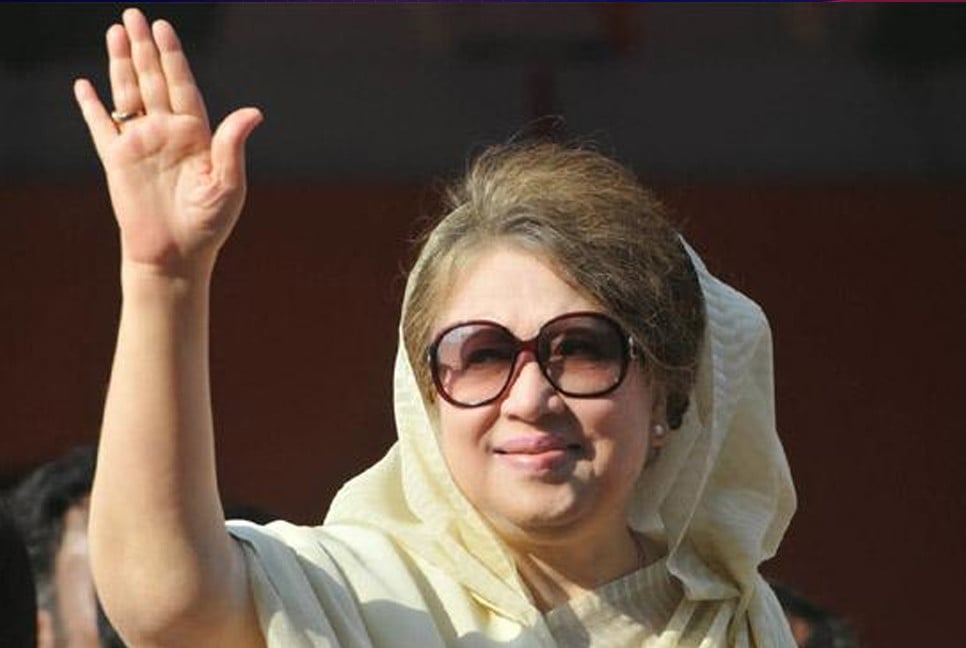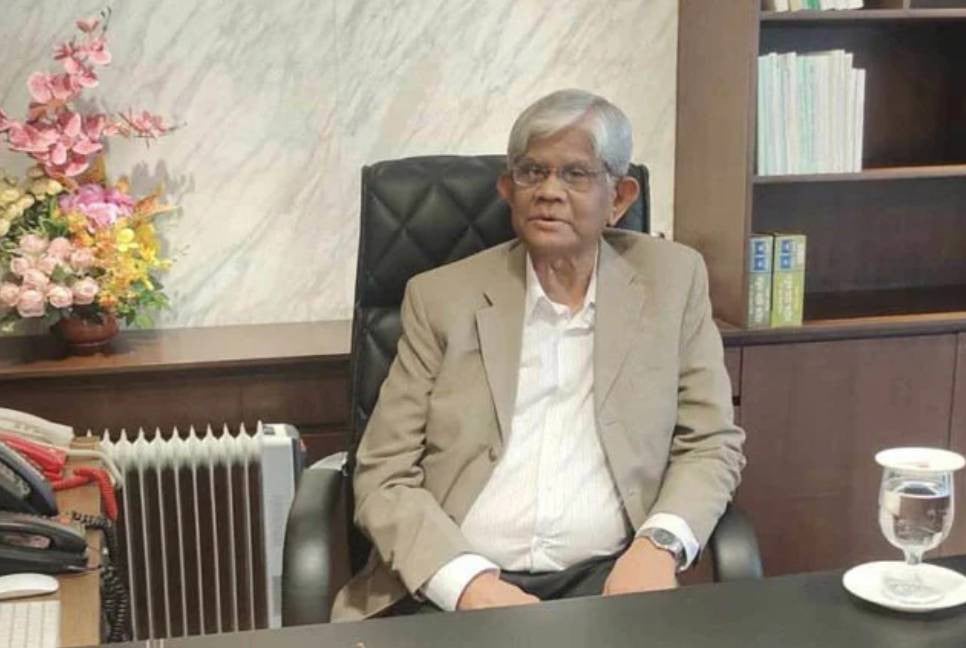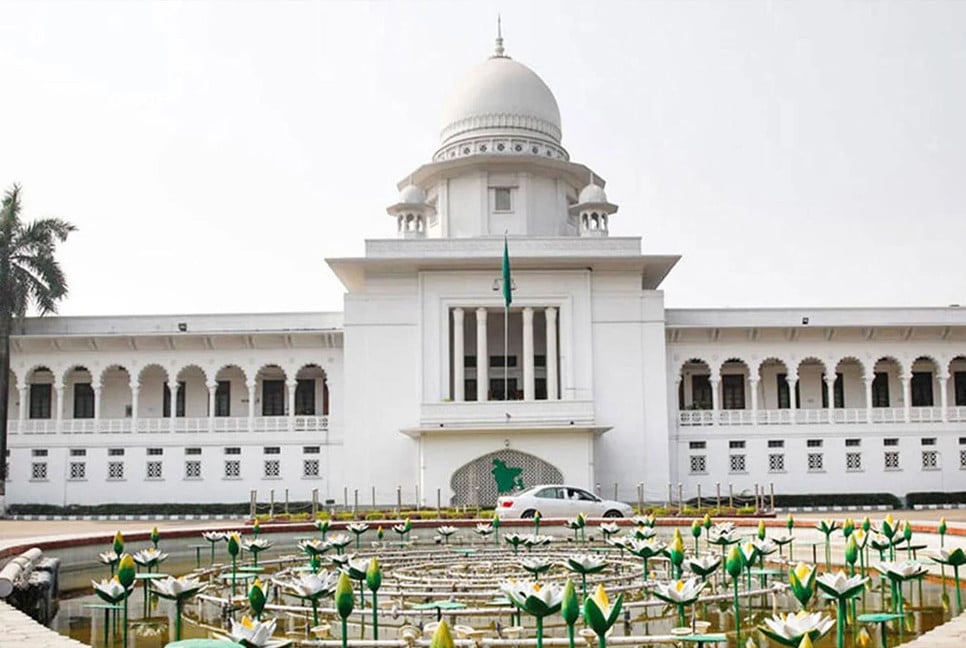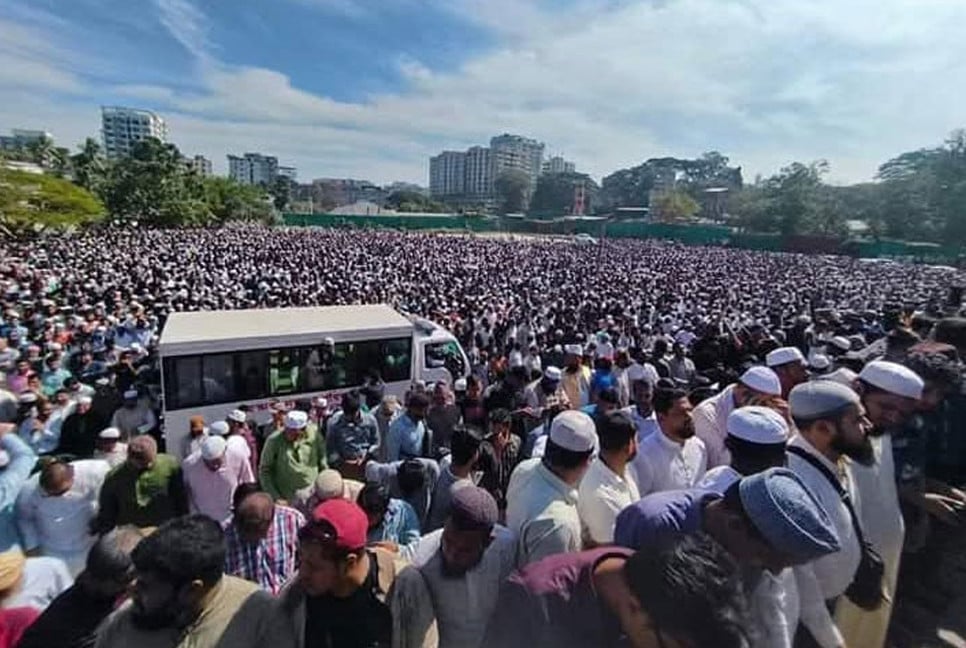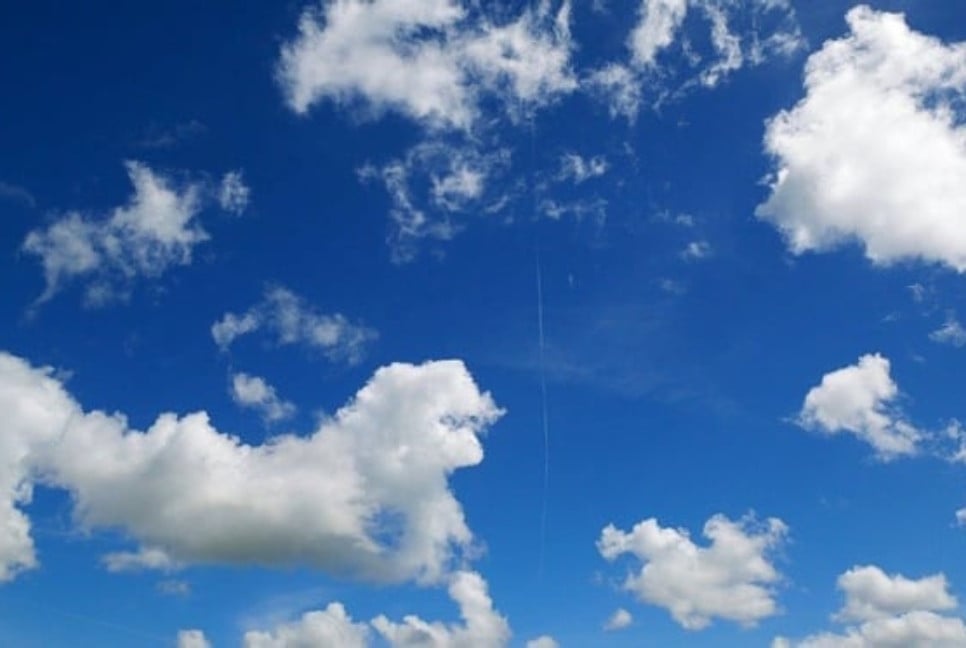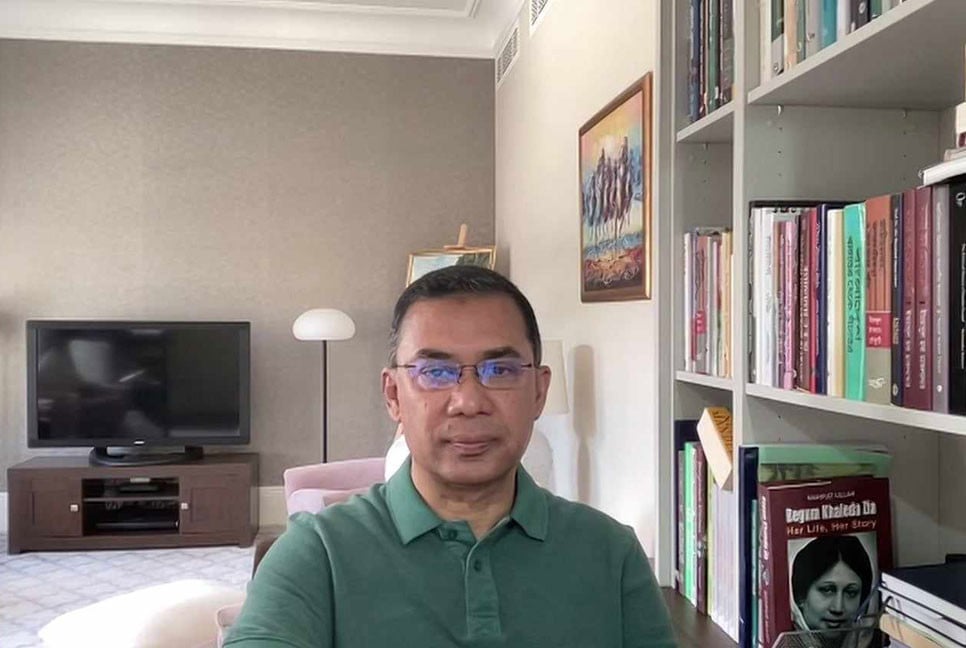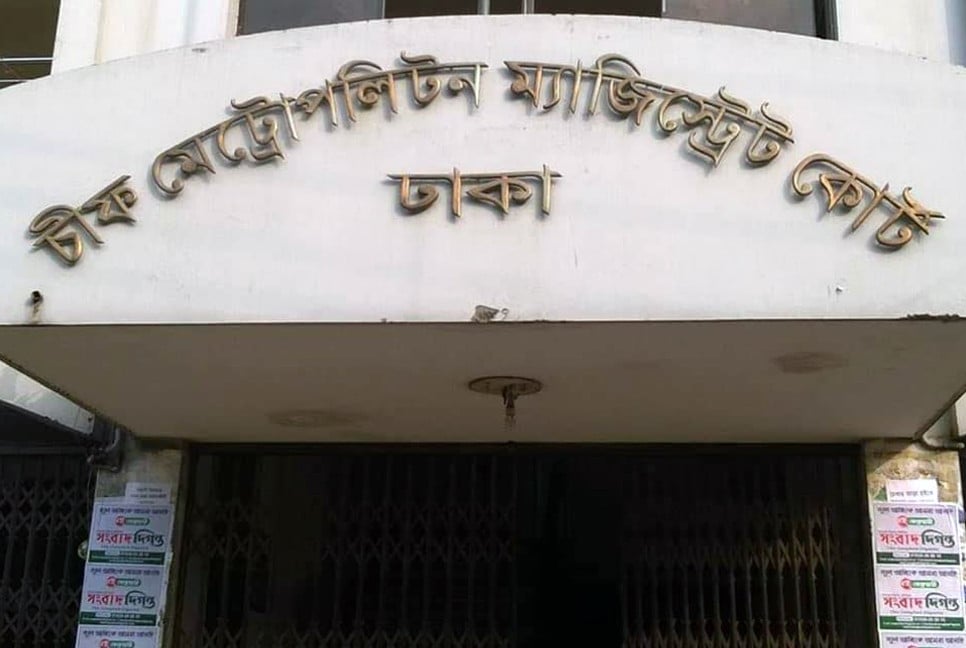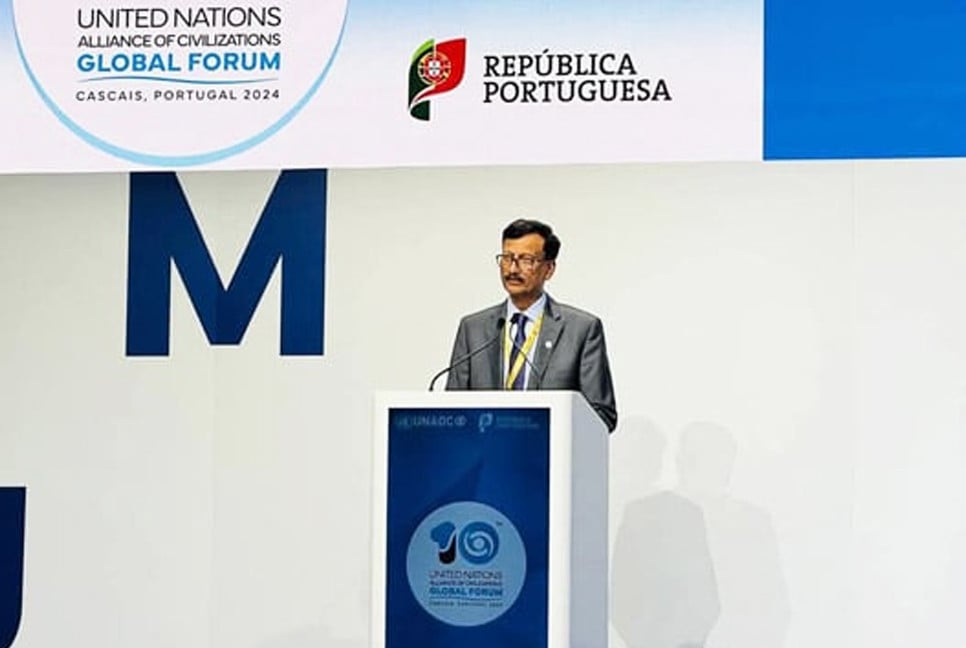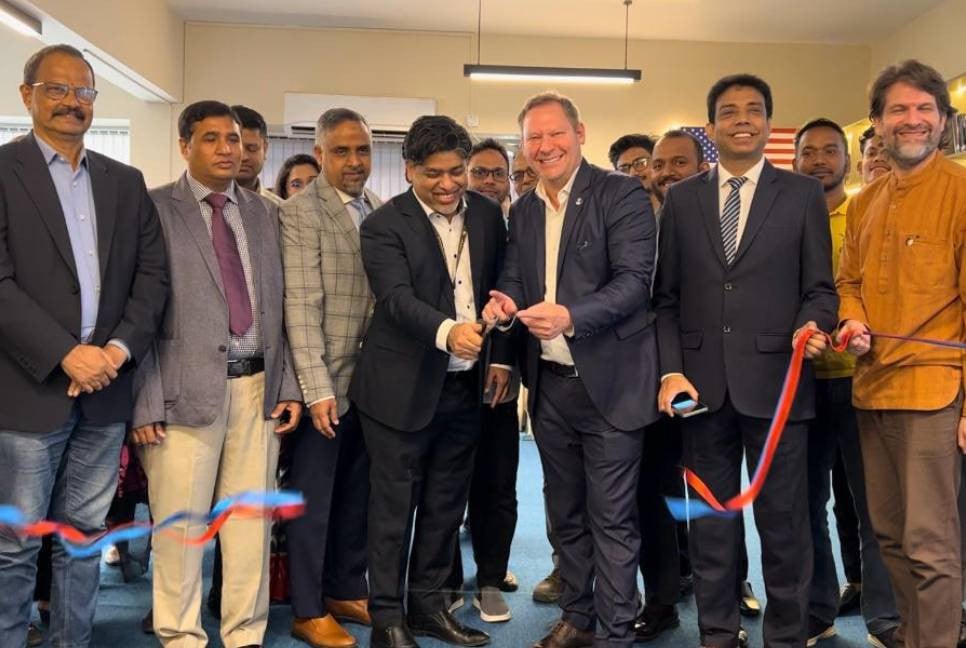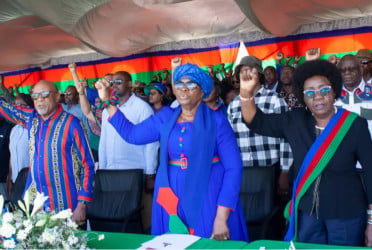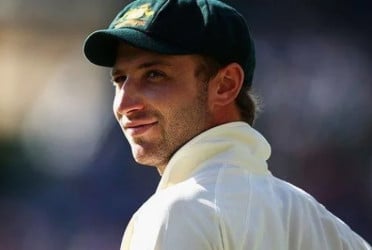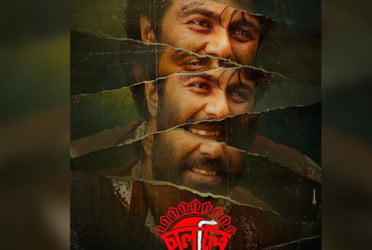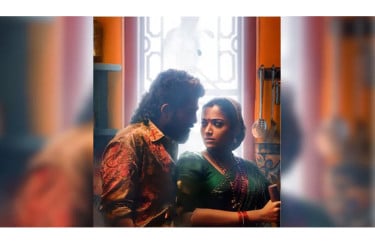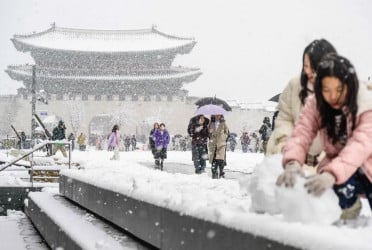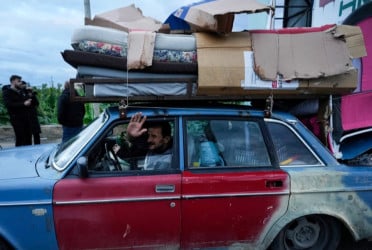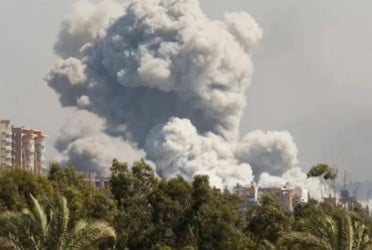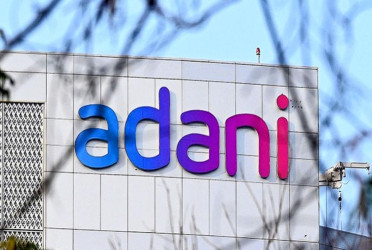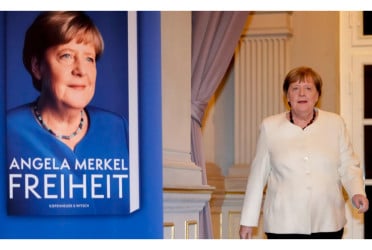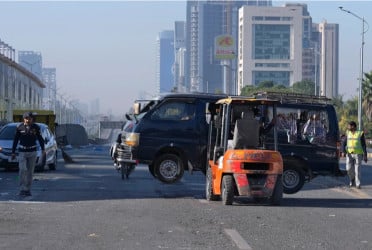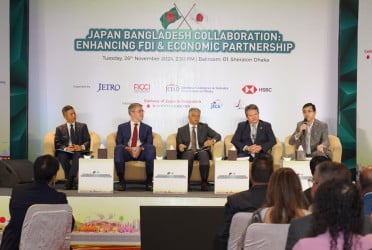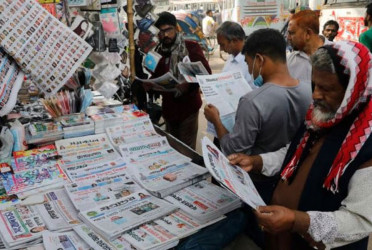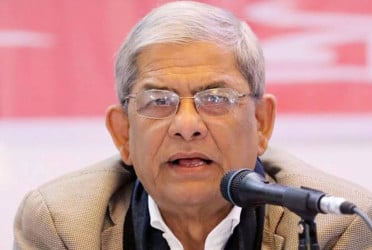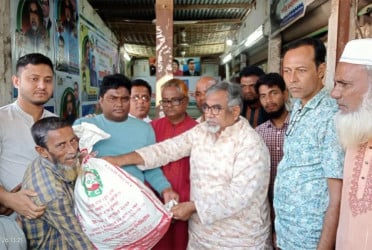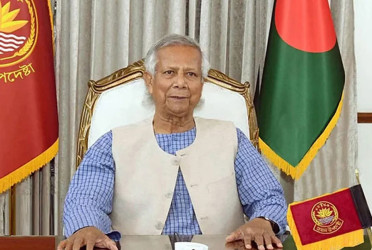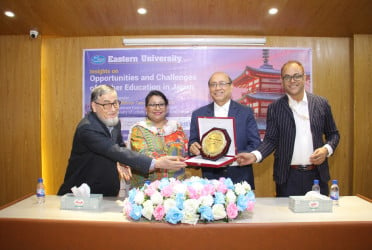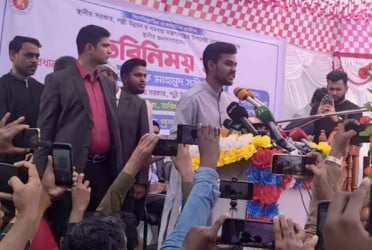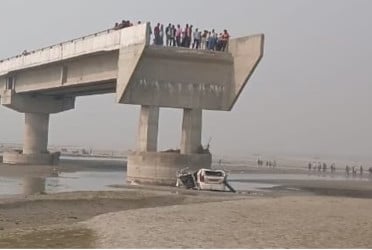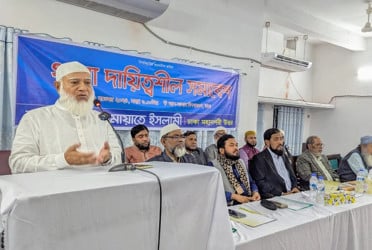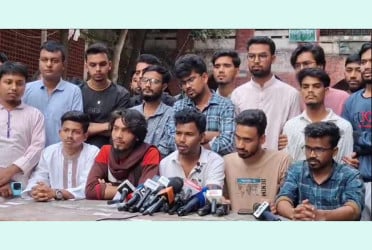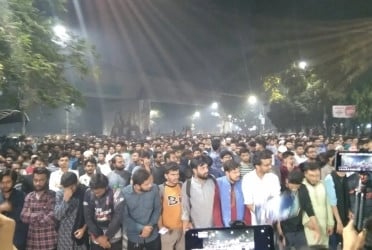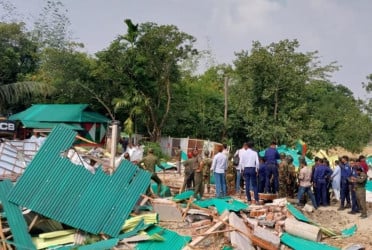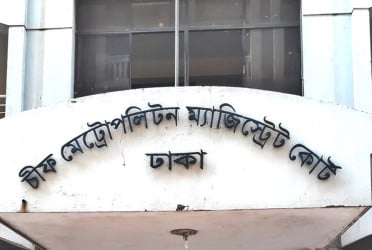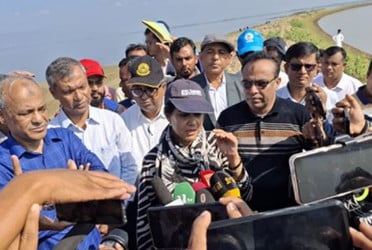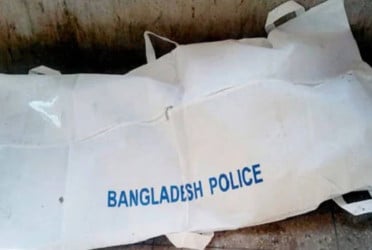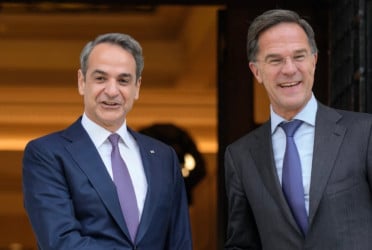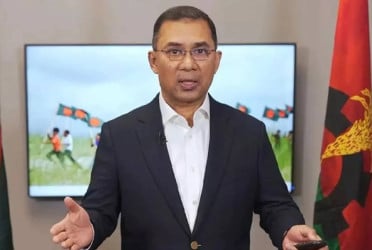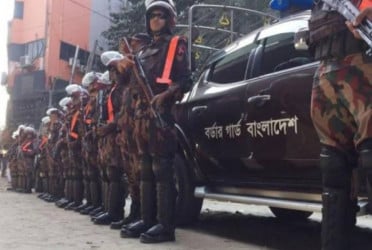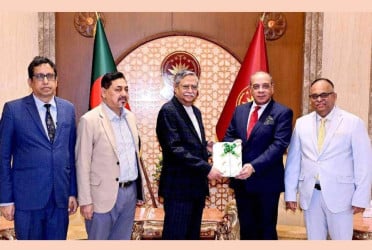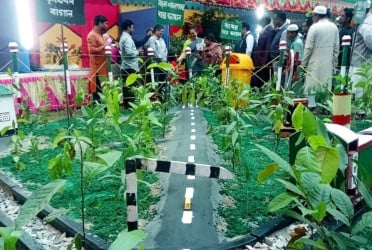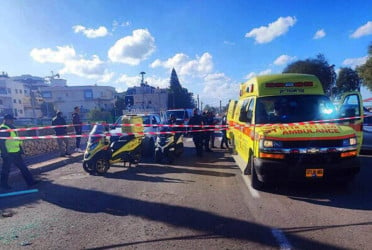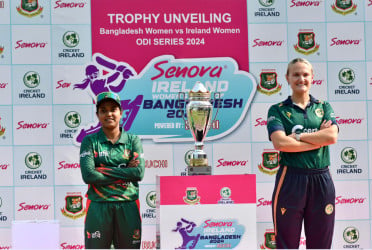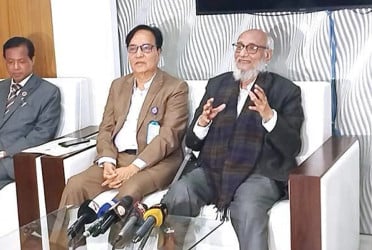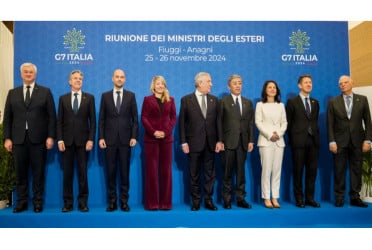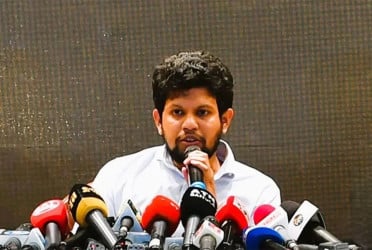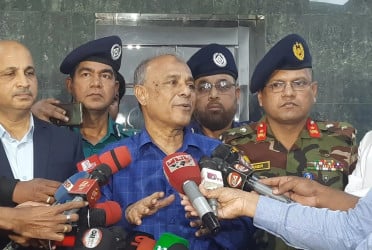For working journalists, any professional study tour provides a rich learning experience like no other. Such tour truly inspires us to seek out new places, keeping the pool of knowledge constantly topped up. The Australian High Commission in Dhaka, under Australia Awards programme, provided an opportunity to 10 diplomatic correspondents based in Dhaka to visit Australia which we find a great way to not only learn new things and immerse ourself in a new culture – but it also provided a constant urge to continue learning.
During the visit from March 28 to April 5 in Sydney and Melbourne, the Bangladeshi journalists engaged actively with Australian journalists and experts to develop their professional skills, including in investigative journalism and countering misinformation and disinformation.
Sydney is the capital city of the state of New South Wales, and the most populous city in both Australia and Oceania. Sydney has an advanced market economy with strengths in finance, manufacturing and tourism. Sydney has hosted major international sporting events such as the 2000 Summer Olympics. The city is among the top fifteen most-visited cities in the world, with millions of tourists coming each year to see the city's landmarks.
The journalists, during their stay in Sydney and Melbourne, learned about Australia’s advanced technology and capabilities in renewable energy including hydrogen.
Members of the media delegation participated the visit under an Australian Professional Opportunity, administered by the Australia Awards Programme were: Md. Rezaul Karim (Lotus), Executive Editor of The Daily Sun and President of Diplomatic Correspondents Association, Bangladesh (DCAB), Raheed Ejaz, Special Correspondent of Prothom Alo, Porimol Palma, Diplomatic Correspondent of The Daily Star, AK Mohammad Moinuddin, Special Correspondent of news agency UNB, Mainul Alam, Special Correspondent of The Daily Ittefaq, Masud Karim, Special Correspondent of Daily Jugantor, Mohammad Faridur Rahman (Pantha Rahman), Special Correspondent of Channel i, Abeda Sultana, Senior Reporter of Boishakhi TV, Nafiza Dawla, Special Correspondent of Independent Television and Abu Hena Emrul Kayesh, Special Correspondent of Bangla Vision TV.
On the first day of the visit, Shona Martyn, CEO at the Walkley Foundation, a non-profit body aimed at supporting and encouraging professional and ethical journalism, warmly welcomed the Bangladeshi media delegation.
She briefed about the Foundation which is rewarding excellence in the Australian media. She informed that the Walkley Foundation administers the Walkley Awards, hosts a year-round programme for journalists and media professionals.
The Walkley Foundation was established by Sir William Gaston Walkley and the first awards were handed out in 1956. The main objectives of the Walkley Foundation are to: Recognise great Australian journalism; Elevate the craft of journalism through professional development; Support and value journalism; and Ensure a sustainable Foundation.
The welcome ceremony was followed by lecture on Journalism standards in Australia by Alan Sunderland, Consultant and Walkely Foundation’s award winning journalist. He highlighted respect for the truth and the public's rights to information are fundamental principles of journalism.
Alan Sunderland has been a journalist for more than 40 years, covering almost every beat and news-type. He was most recently the editorial director of the ABC, in charge of reporting standards and ethics. He shared the secrets of good reporting from his life-long career in journalism with the Bangladeshi diplomatic journalists.
He said journalism is changing and the demand for information about the world we live in has never been greater. But those charged with obtaining it are under constant pressure. Newspapers are closing, traditional news outlets are cutting jobs and losing money. Fake news and disinformation are spreading across social media.
Despite that, he said the best reporters continue to do what they always have – provide fair, accurate and reliable coverage of issues that matter most to us. In this new world, one thing everyone needs to know is how to report well.
Dennis Fang, Digital Video Specialist of Emerging Platfroms of ABC News, delivered very in-depth on Innovative Storytelling Formats. Dnnis is responsible for the development of ABC News capabilities on emerging platforms, including TikTok and Instragram Reels.
Also on the first day, Miguel D’ Souza, a trainer and consultant specializing in techniques for verifying online content, lectured about combating misinformation and disinformation. Miguel is a former Google Teaching Fellow, has lectured in data journalism at University Technology Sydney and is formerly of Australian Associated Press.
Later, Carl Smith, specialist reporter with the ABC Science unit, gave lecture on reporting on energy and science. His session covered how to cover science and energy as a generalist reporter and how to identify good quality research and avoid sharing ‘greenwashing’ content.
While Kevin Nguyen, OSINT and Investative Reporter of ABC News, spoke about investigative journalism techniques. Kevin is an investigative journalist with ABC, specializing in open-source intelligence and forensic investigations. He ran a 90-minute session on investigative techniques and approaches.
On March 30, the Bangladesh journalists visited the ABC News office in Sydney and had free and open discussion with the Senior Editors of ABC International Services and saw presentation on modern digital news operation. The visiting journalists also learnt about modern media operations, multi-platform news management.
Later, the Bangladeshi diplomatic journalists visited the Newscorp Australia in Sydney and exchanged views on vital issues including about editorial and news innovation, social media innovation and new editorial products including podcasts with James Morrison, World Editor of The Australian, Commentary Editor Nicholas Jensen, Content Strategy Director Elyse Popplewell and Content Director of The Australian Christine Kellett.
On March 31, the Bangladeshi journalists paid an extensive tour to CSIRO Energy Centre, which solve the greatest challenges through innovative science and technology. Located in Newcastle, the CSIRO Energy Centre and National Solar Energy Centre is the headquarters for CSIRO Energy and is a focal point in Australia for energy research. The Energy Centre sets a new benchmark in ecologically sustainable design by showcasing energy generation initiatives, building demand reduction and supply options in conjunction with a significant research and development programme across numerous science and engineering domains.
Dr John K Ward, the Research Director of the Energy Systems Research Programme at the CSIRO welcomed the Bangladeshi journalists and briefed about the centre. Several Bangladeshi born scientists are working in various higher position of this centre. John Ward is delivering of a research portfolio, with over 50 staff over multiple sites, tackling Australia’s national energy challenges – including through fundamental research into building thermal physics, behavioural science, electricity network optimization, solar forecasting and energy storage.
On April 1, the media delegation visited the Royal Botanic Gardens, Museum, Art galleries, Sydney Harbour Bridge, Opera House and Sydney harbor.
On April 2, the journalists delegation travelled to Melbourne and extensively visited CSIRO which was facilitated by Bangladesh-origin scientist based in Australia Dr Nawshad Haque. The scientist joined CSIRO Energy in 2018 and contributed to develop a number of novel technologies and flowsheets for 'Mine to Metal' production at CSIRO.
Earlier, the Australian High Commission in Dhaka hosted a farewell reception for the diplomatic journalists.
Speaking on the occasion, Australian High Commissioner to Bangladesh Jeremy Bruer said “Australia remains committed to freedom of expression and freedom of the media.”
“I hope the visit assists your professional development and allows you to experience contemporary multicultural Australia,” he added.
It may be mentioned that Australia supports the development of strong, professional and sustainable media in the Indo-Pacific region. Independent, diverse and free media are essential to the development and maintenance of democracy.
Field visits to the Commonwealth Scientific and Industrial Research Organisation (CSIRO), an Australian Government corporate entity, was very meaningful.
BD-pratidin English/Golam Rosul

